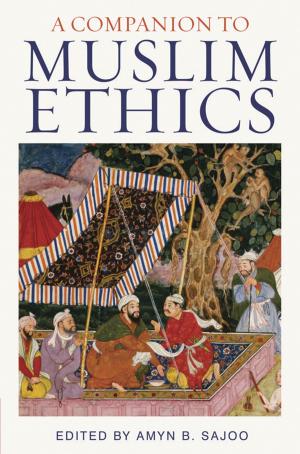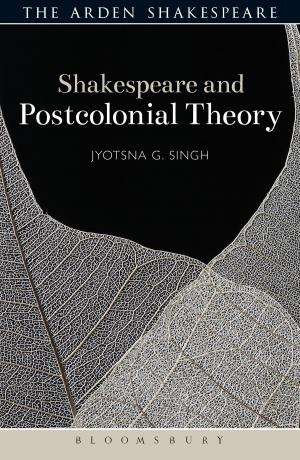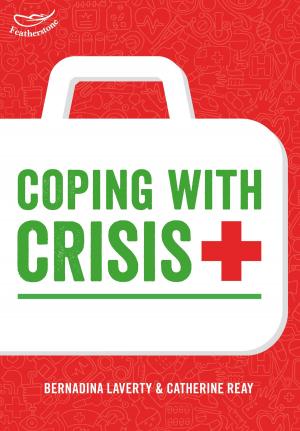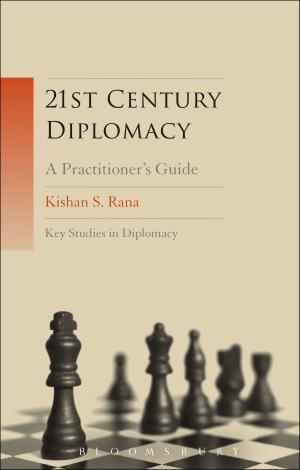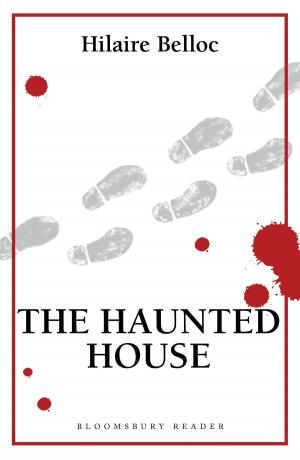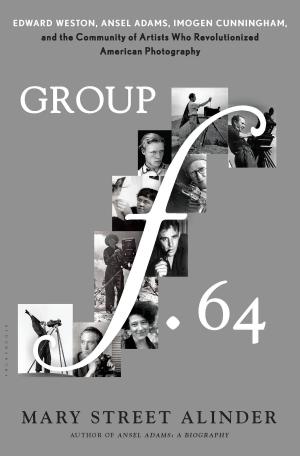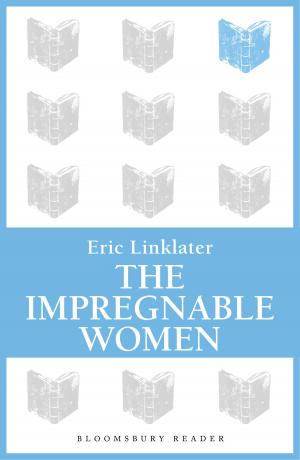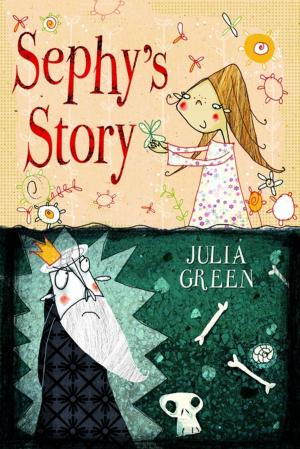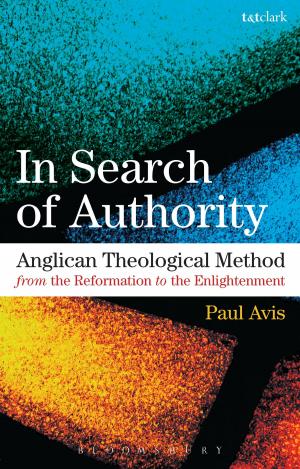Adorno Reframed
Interpreting Key Thinkers for the Arts
Nonfiction, Art & Architecture, General Art, Religion & Spirituality, Philosophy, Social & Cultural Studies, Social Science| Author: | Dr Geoff Boucher | ISBN: | 9780857736956 |
| Publisher: | Bloomsbury Publishing | Publication: | October 15, 2012 |
| Imprint: | I.B. Tauris | Language: | English |
| Author: | Dr Geoff Boucher |
| ISBN: | 9780857736956 |
| Publisher: | Bloomsbury Publishing |
| Publication: | October 15, 2012 |
| Imprint: | I.B. Tauris |
| Language: | English |
Dismissed as a miserable elitist who condemned popular culture in the name of 'high art', Theodore W. Adorno (1903-1969) is one of the most provocative and important yet least understood of contemporary thinkers. This book draws on new translations into English to challenge this popular image and re-examines Adorno as a utopian philosopher who believed authentic art could save the world.
Adorno Reframed is not only a comprehensive introduction to the reader coming to Adorno for the first time through detailed discussion of artworks, novels, films and music, but an important re-evaluation of this founder of the Frankfurt School. Influenced by Kant, Hegel, Freud, Marx, Nietzche and Kierkegaard, Adorno was a searing critic of the formal, reductive rationality of the Enlightenment and of modernity. Unafraid to talk about human nature, undaunted by dogmas regarding cultural construction, Adorno loved art that hurts, that challenged the prevailing culture of the day and resisted the managed, commodified pseudo-happiness of 'administered society'. Defending the independence of the natural world and the particularity of the human individual, for Adorno real authentic art was a defiant refusal to subordinate the materiality of the world and the lived reality of human activity to the imperatives of social totality.
Making his theory accessible through a wealth of concrete illustrations, many drawn from Adorno himself, Geoffrey Boucher recasts Adorno as a revolutionary whose anthropological vision of the human condition, sense of subversive irony and profoundly historical aesthetics defended the integrity of the individual against the commodified culture industries that supply unsatisfying consumer 'happiness'. Grounding Adorno's social philosophy and aesthetic theory in contextualised analysis of artists ranging from Stockhausen and Kafka to David Lynch and Brett Easton-Ellis, Adorno Reframed takes its subject from interwar modernity into the postmodern and feminist present to examine the legacy and influence of Adorno's radical modernism and his belief that art was in the final analysis a way to cope with, not escape, reality.
Dismissed as a miserable elitist who condemned popular culture in the name of 'high art', Theodore W. Adorno (1903-1969) is one of the most provocative and important yet least understood of contemporary thinkers. This book draws on new translations into English to challenge this popular image and re-examines Adorno as a utopian philosopher who believed authentic art could save the world.
Adorno Reframed is not only a comprehensive introduction to the reader coming to Adorno for the first time through detailed discussion of artworks, novels, films and music, but an important re-evaluation of this founder of the Frankfurt School. Influenced by Kant, Hegel, Freud, Marx, Nietzche and Kierkegaard, Adorno was a searing critic of the formal, reductive rationality of the Enlightenment and of modernity. Unafraid to talk about human nature, undaunted by dogmas regarding cultural construction, Adorno loved art that hurts, that challenged the prevailing culture of the day and resisted the managed, commodified pseudo-happiness of 'administered society'. Defending the independence of the natural world and the particularity of the human individual, for Adorno real authentic art was a defiant refusal to subordinate the materiality of the world and the lived reality of human activity to the imperatives of social totality.
Making his theory accessible through a wealth of concrete illustrations, many drawn from Adorno himself, Geoffrey Boucher recasts Adorno as a revolutionary whose anthropological vision of the human condition, sense of subversive irony and profoundly historical aesthetics defended the integrity of the individual against the commodified culture industries that supply unsatisfying consumer 'happiness'. Grounding Adorno's social philosophy and aesthetic theory in contextualised analysis of artists ranging from Stockhausen and Kafka to David Lynch and Brett Easton-Ellis, Adorno Reframed takes its subject from interwar modernity into the postmodern and feminist present to examine the legacy and influence of Adorno's radical modernism and his belief that art was in the final analysis a way to cope with, not escape, reality.

